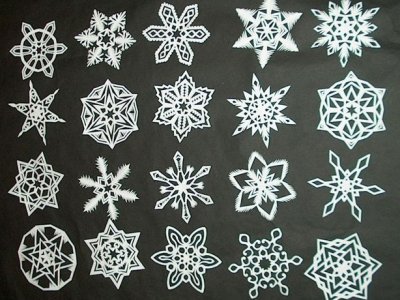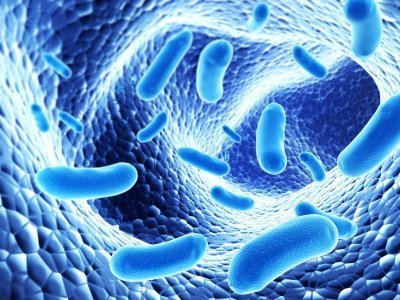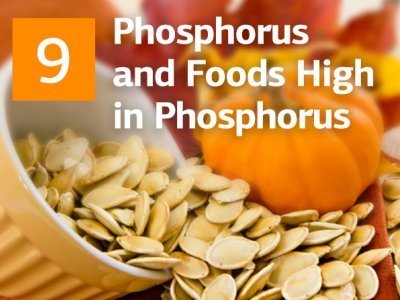Product pictures
| Amount Per 1 bar, 17 g | |||
| Calories | 80 Kcal (335 kJ) | ||
| Calories from fat | 40.5 Kcal | ||
| % Daily Value* | |||
| Total Fat | 4.5g | 7% | |
|---|---|---|---|
| Saturated Fat | 3.5g | 18% | |
| Sodium | 20mg | 1% | |
| Total Carbs | 10g | 3% | |
| Sugars | 7g | 28% | |
| Dietary Fiber | 1g | 4% | |
* Percent Daily Values are based on a 2000 calorie diet. Your daily values may be higher or lower depending on your calorie needs.
Find out how many calories should you eat.
Ingredients And Nutrition Overview
Best
choice Good
choice Poor
choice Avoid
it!
choice Good
choice Poor
choice Avoid
it!
-
WeightWatchers Points: 1.8, PointsPlus: 2, SmartPoints: 4
WeightWatchers Points are estimated by carbohydrates, fats, protein and fiber in product. They are not an affirmation of better quality or nutritional value of the product or its manufacturer. Only way to count for dieters. Less points are better.
Read more at Weight watchers diet review -
Over 20% of daily saturated fat!
Bad! More 20% of daily saturated fat!
For years Saturated fat was claimed to raise cholesterol levels and give us heart attacks. Today different studies refute this claim. They say, that replacing saturated fat with carbohydrates or refined starch or sugar is not changing the heart disease risk. Not processed carbs nor saturated fats are good for you. Only if you replace it with polyunsaturated fat, you'll get a reduction in heart disease risk. So try to have a balanced diet. -
Convert Salt tsps to Sodium mg easily
Salt (NaCl) is not excactly sodium (Na).
It is not right to use these terms as synonyms.
The FDA recommended limit of sodium is 2,300 mg per day (or even less - about 1500 mg while one is on low sodium diets).
This is much less than the weight of salt.
(5,750 mg per day or 3,750 mg for low sodium diet) and not so convenient to calculate.
Know how much sodium is in your salt - without a calculator:
1/4 tsp salt = 600 mg sodium
1/2 tsp salt = 1200 mg sodium
3/4 tsp salt = 1800 mg sodium
1 tsp salt = 2300 mg sodium -
3 tsp of sugars per serving
This volume includes both naturally occurring from ingredients and specially added sugars.
USDA tells us that last years each American consumed an average 130 pounds of caloric sweeteners per year!
That works out to 30 tsp of sugars per day approximately 480 extra calories!
Just to think: Eating just 200 more calories daily than your body requires for body functioning and exercise leads to a 20-pound weight gain in a year. -
Interested in getting more protein?
Protein is important, but some of the protein you find in this product isn't exactly natural.
The protein comes from one of the following sources:
- milk protein concentrate
- whey protein isolate
- soy protein isolate
and that it's not ideal to get protein only from processed goods.
If you're looking for more protein, try beans, quinoa, nuts, seeds, peas and spinach & leafy greens.
Not only do they have protein, they're filled with other vitamins and minerals. -
Contains milk protein concentrate
Milk Protein Concentrate (MPC) is a white to light-cream-colored dry powder.
It is a very cheap milk byproduct of skim milk through a series of processes that includes ultrafiltration,
evaporation and drying of the milk until it reaches a powder form.
Some more info:
- Most of the MPC's are imported as a dry powder from countries with lax food safety regulations (China for example).
- MPC's are added to processed food products to increase the amount of protein without increasing the carbs.
-
Product contains sulfites
Sulfites (sulphites) are inorganic salts that are used as antioxidant of food preservative or enhancer.
They may appear on food labels in various forms, such as: sulfur dioxide, potassium bisulfite, potassium metabisulfite, sodium bisulfite, sodium metabisulfite or sodium sulfite
Although sulphites do not cause a true allergic reaction, people with sensitivity to sulfites may experience similar reactions as those with food allergies.
Those who have asthma are most at risk to sulphite sensitivity.
BTW sulfites are included in the ten priority food allergens in Canada.
Allergens
Corn Allergy, Milk Allergy, Lactose Allergy, Soy Allergy, Sulfites Allergy
Candy bars Ingredients
Corn Syrup, Semi-Sweet Chocolate (Chocolate, Sugar), Cocoa, Milk Fat, Cocoa Butter, Soy Lecithin, PGPR, Emulsifier), Coconut, Sugar, Salt, Natural and Artificial Flavor, Hydrolyzed Milk Protein, Sodium Metabisulfite, to Maintain Freshness, Sulfur Dioxide, to Maintain Freshness, Caramel Color, Milk.
You Might Also Like
% RDI of Main Nutrition Facts
4%
of RDI* (80 calories) 17 g
-
Cal: 4 %
-
Fat: 6.9 %
-
Carb: 3.3 %
-
Prot: 0 %
-
0%25%75%RDI norm*
Calories Breakdown
- Carbs (47.1%)
- Fat (52.9%)
Get Your Recipe of Health!
Follow RecipeOfHealth on Facebook!





















Add your comment